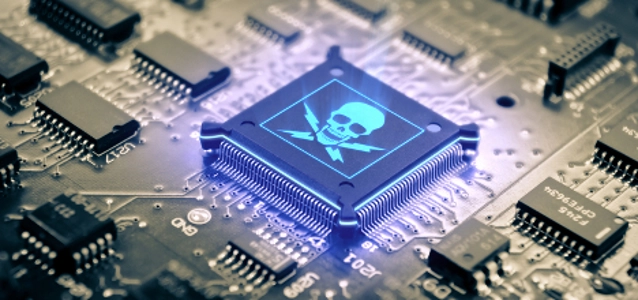
© iakovlev dreamstime.com
Components |
Intel not as free as said?
According to the International Organization for Migration office covering eastern Congo, only 10 percent of the mines in the entire country have been certified conflict-free.
In January 2014, Intel's CEO Brian Krzanich announced that every microprocessor that the company made in 2014 – and forward – would be conflict-free. The truth and nothing but? "The minerals are important; our industry relies on them,” Krzanich said during CES 2014 in Las Vegas. “But it's not as critical as the lives of people mining."
An investigation from Al Jazeera's Fault Lines in Congo reveals fraud and smuggling in the trade of minerals used in popular electronics. The journalists uncovers fraud in the tagging system that should ensure that minerals mined in Congo are conflict-free.
So, are Intel semis really conflict free?
We are talking tantalum, tungsten and tin and writing about the mining of those materials brings us into the Democratic Republic of the Congo (DRC) and to its armed militias. The mining is basically financing the violent conflict in the region.
Intel said it was tracking its raw materials from the mine to the smelter to its factories to ensure that those militia groups would not benefit from mining activities. It also stated in September 2014 that it aims for its entire product line to be free by 2016 (a few days from now).
However, the Fault Lines investigation casts doubt on these announcements. A system designed to help Intel verify is not yet fully-operational it seems. Furthermore, the program provides evidence of widespread fraud and smuggling.
According to the International Organization for Migration office covering eastern Congo, only 10 percent of the mines in the entire country have been certified conflict-free. Without that certification, minerals cannot be legally exported out of Congo to the West.
Dan Fahey, who served as a member of a United Nations investigative team in eastern Congo from 2013 to 2014 told Fault Lines that, to be able to claim that something is conflict-free, there has to be a 24/7 presence at the mines. And that is not happening.
Smelters and beyond
Intel sent a statement in response to questions about its supply chain from 'Fault Lines': “While we acknowledge that no systems are perfect, our Intel conflict minerals team has traveled to hundreds of different smelters around the world," it read. "Intel staff conducted facility visits and worked directly with smelters and refiners to conduct a ‘reasonable country of origin inquiry’ to determine the sources of the tin, tungsten, tantalum and gold contained in our products. During such facility visits, Intel staff conducted due diligence and directly observed and examined documentation to draw reasonable conclusions on the country of origin of the minerals processed at the smelter or refiner.”
But if you audit the smelters, can you be sure that the mines are conflict-free? And can you make such bold claims as Intel did? So, while Intel (and other electronics companies) seems to be full of good intentions, 100 percent conflict-free sounds more like wishful thinking in the light of Fault Lines' discoveries.
